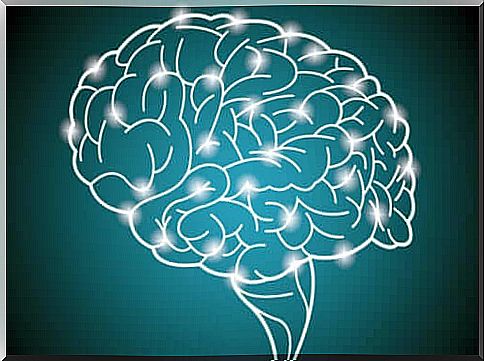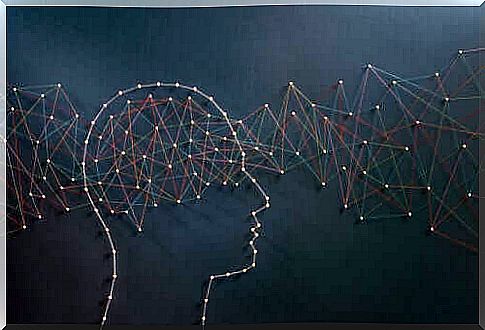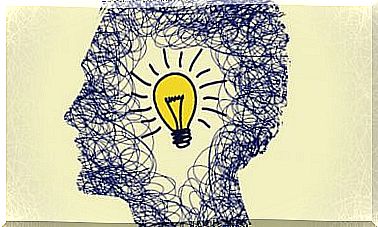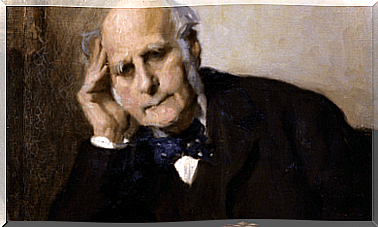The Biggest Intelligence Experiment Ever Made

In January 2020, in collaboration with Dr Adam Hampshire of Imperial College London, the BBC launched what can be considered the largest intelligence experiment ever made. What differentiates it from many other tests is the very high numerical response given by the more than 250,000 people involved.
As Adam Hampshire himself points out, “it’s the equivalent of a test that lasted 125,000 hours or 14 years”. The first results of the largest intelligence experiment ever made are already available; but don’t worry, it’s not finished and it’s still possible to participate.
Participants are asked to log into a platform and answer a few questions, and then complete a test. It is not an IQ test, but a global examination concerning various aspects related to cognition and emotional intelligence.

The largest intelligence experiment in the world
As already reported, so far more than 250,000 people have participated, most of English origin (which could prove to be a not entirely representative figure), but of varying gender and age.
The first part of this experiment on human intelligence involves several questions about the person’s lifestyle. The purpose of this section is to gather information on aspects such as nutrition, use of technology and the habits of the participants.
In the second phase, it is necessary to carry out a series of exercises related to different cognitive skills, such as problem solving, memory, spatial reasoning, etc.
A series of tests are then carried out aimed at obtaining information on the emotional intelligence of the participants. Finally, the results of both phases are crossed to draw the necessary conclusions.
Problem solving and age
The data obtained so far confirm some already known premises on intelligence, for example that age is not a determinant factor ; while there are more evident cognitive abilities at certain ages, these do not necessarily disappear or fade over the years.
It is also clear that problem solving ability reaches its peak in the decade ranging from 20 to 30 years. From this moment on, a slight decline begins, closely linked to cognitive problems in carrying out tests in real time.
The results do not speak of the ability to solve problems for prolonged tests over time. The experiment, along with other studies carried out previously, proves that the older the age, the more the brain slows down its functions.

Innovative data
One of the groundbreaking findings from this experiment is that verbal reasoning improves with age. The study dispelled the belief that verbal reasoning reaches its peak around age 60 and then begins to decline, showing instead that it continues to improve until after age 80.
Another interesting fact concerns memory. According to the greatest intelligence experiment, the best scores in this area have been obtained by avid video game players. Notably, this segment revealed better spatial memory. A very interesting fact if we consider that video games have always been considered useless, if not degrading, from a cognitive point of view.
The experiment also showed that people who use social networks often enjoy poorer mental health in general. Many of these showed symptoms of anxiety and depression, perhaps due to constant comparisons with others on the web and constant judgment on social media.
Finally, the study confirms that lifestyle has a huge weight on a person’s intelligence. Specifically, the brain seems to work better when playing sports. On top of that, keeping mentally active and learning a language, at any age, are two antidotes to brain aging.









